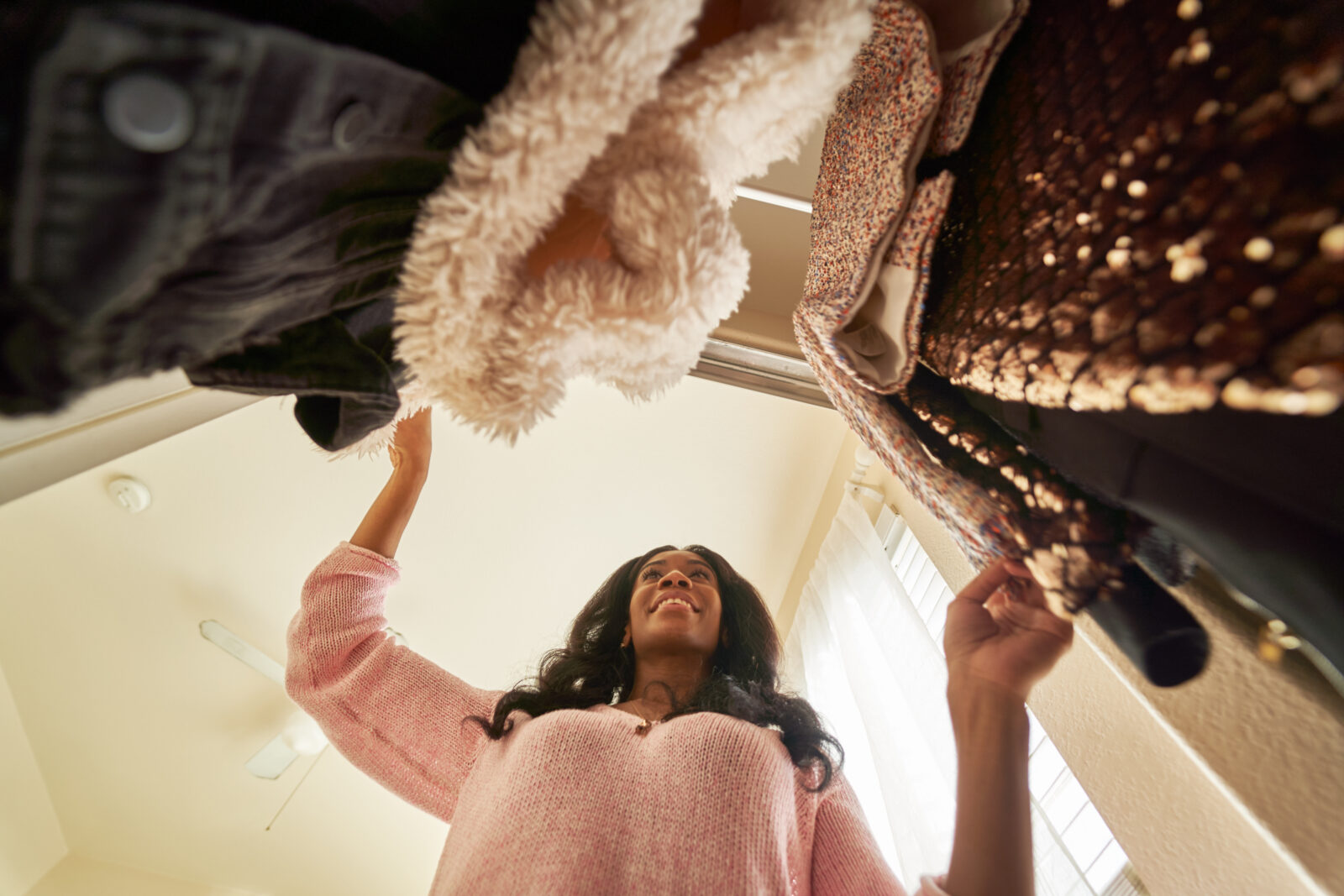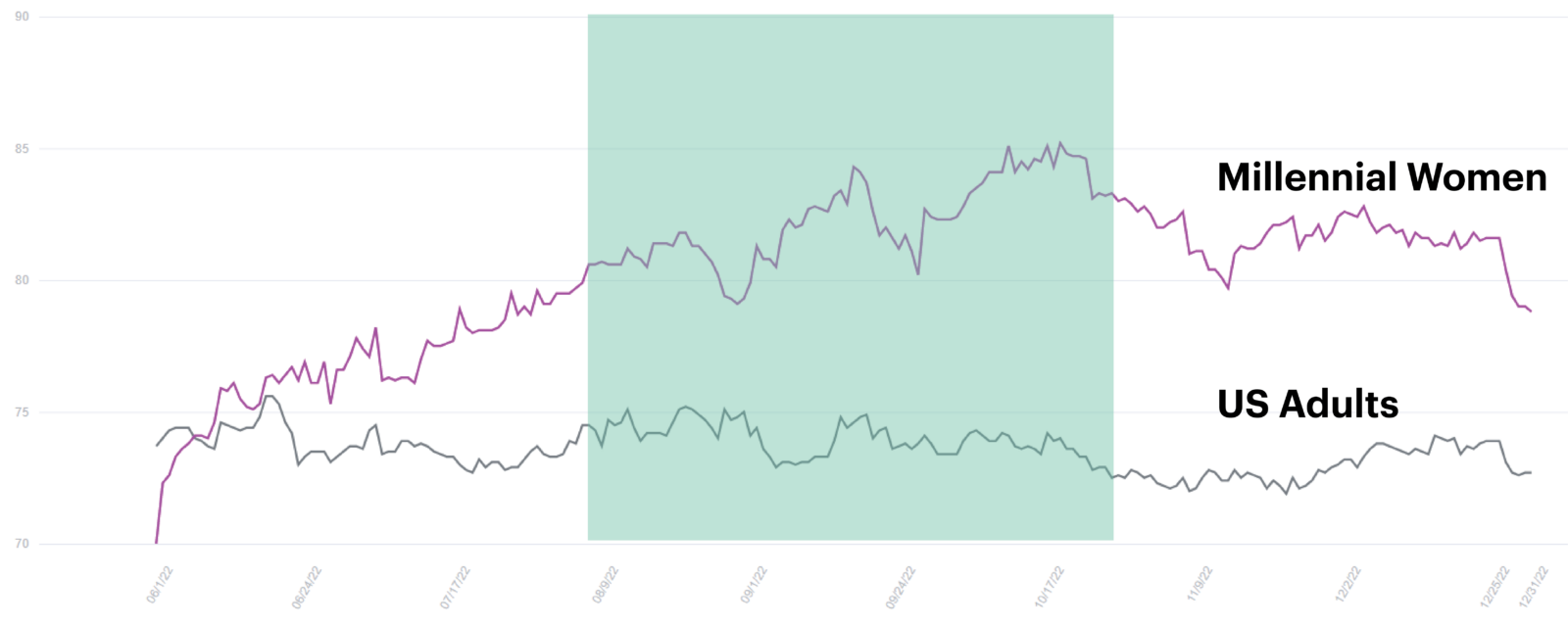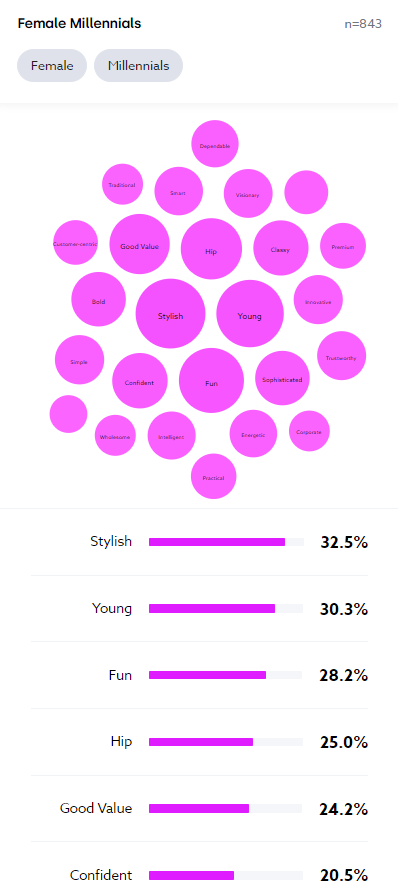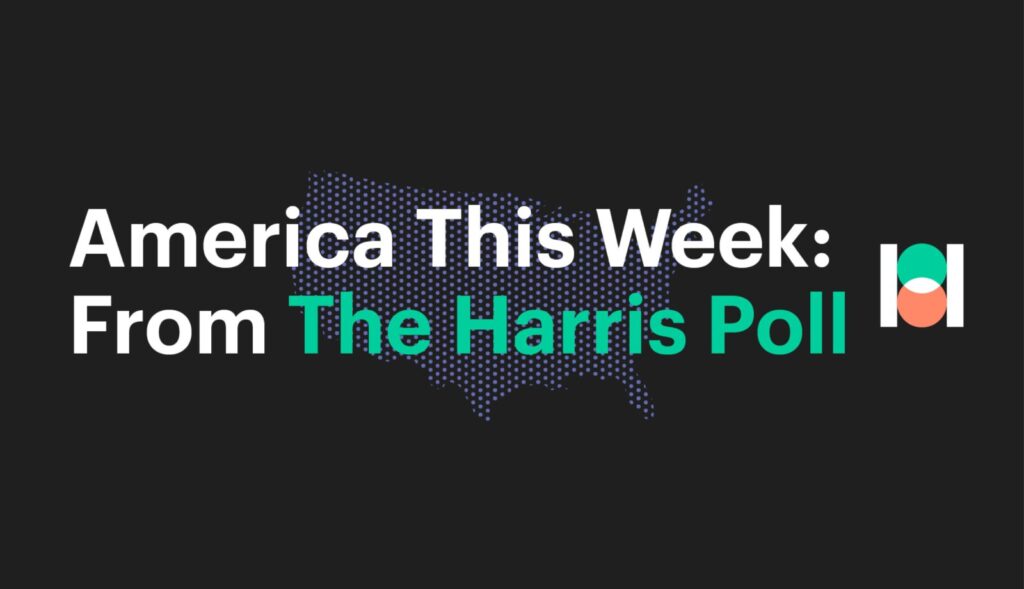Brief • 3 min Read

In 2021, women’s fast fashion brand PrettyLittleThing (PLT) infamously ran an ad featuring popular rapper Doja Cat, called out for its “overly sexualized” images. The original controversial ad was banned, and was edited before relaunching.
However, as reported in our case study, PLT actually experienced brand equity gains (+13.6) after the polarizing campaign, according to QuestBrand data. The hotly discussed ad helped the UK brand generate a significant amount of familiarity (+21.7) among young women.
In addition to brand familiarity, PLT saw significant gains across all components of brand equity (the value consumers see in a brand at a moment in time) – perceived quality (+5.6), purchase consideration (+13.8), and perceived momentum (+13.5).
PrettyLittleThing’s Change in Brand Equity Pre vs Post 2021 Doja Cat Campaign

QuestBrand. Base: Female Millennials, 1/1/21-4/1/21, n=391; 4/1/21-7/1/21, n=378.
More than a year after PLT’s campaign with Doja Cat, the apparel brand’s marketing was still pushing the envelope. In August 2022, The Advertising Standards Authority (ASA) once again banned PLT’s ads for overly sexual content.
This time, their ads featured 16-year-old brand ambassador Alabama Barker (the daughter of Blink-182’s Travis Barker). The ASA forbids sexualizing minors in advertising; however, PLT denies that the ads sexualized Barker. They argue that the ad creative closely resembles what the influencer publishes on her own social channels.
PrettyLittleThing’s Purchase Consideration June-December 2022

QuestBrand. 6/1/22-12/31/22 Base: Female Millennials familiar with the PLT brand, n=441; Base: US Adults familiar with the PLT brand, n=1,989.
Like their 2021 ads with Doja Cat, PLT’s 2022 ad controversy does not appear to have hurt the brand’s health. In fact, purchase consideration among Millennial women familiar with the PLT brand rose after the launch of Barker’s ad campaign.
So, why exactly is PLT swimming unscathed through what could be brand-damaging ad campaigns?
For one thing, the ad campaign content aligns with PLT’s clothing style and the image PLT is trying to portray. PLT sells trendy clothing that is designed to appeal to young, female consumers (ages 16-34). They are not looking to produce office-ready attire.
While some adults consider the ads in poor taste, the brand’s target consumer may view them more favorably. When we look at the top adjectives Millennial women use to describe the PrettyLittleThing brand, “stylish” (32.5%), “young” (30.3%), and “fun” (28.2%) reign.
PrettyLittleThing’s Emotional Attributes

QuestBrand. 1/1/22-4/1/23. Base: Millennial Women, n= 843.
We can expect PLT to keep pushing marketing boundaries, advertising their clothing with campaigns that appeal to some, but not all, consumers.
Keep an eye out for what they release next!
Subscribe for more Insights
Subscribe to our newsletter for the latest trends in business, politics, culture, and more.
Related Content









